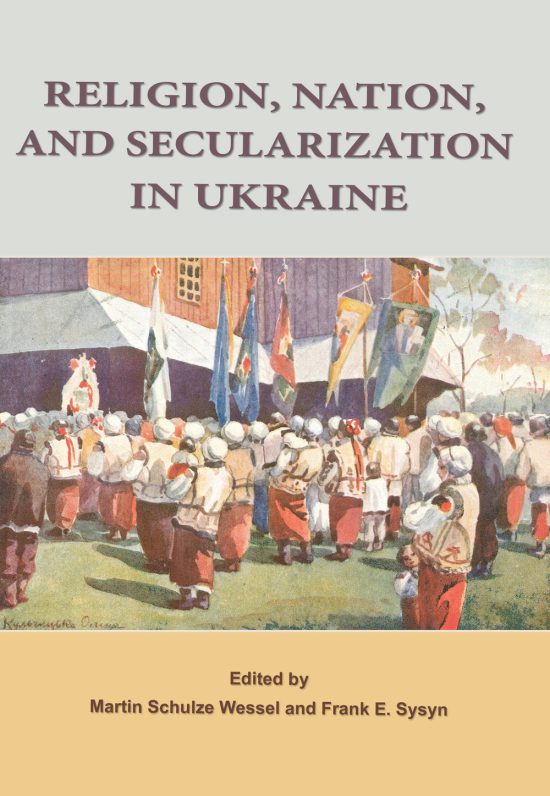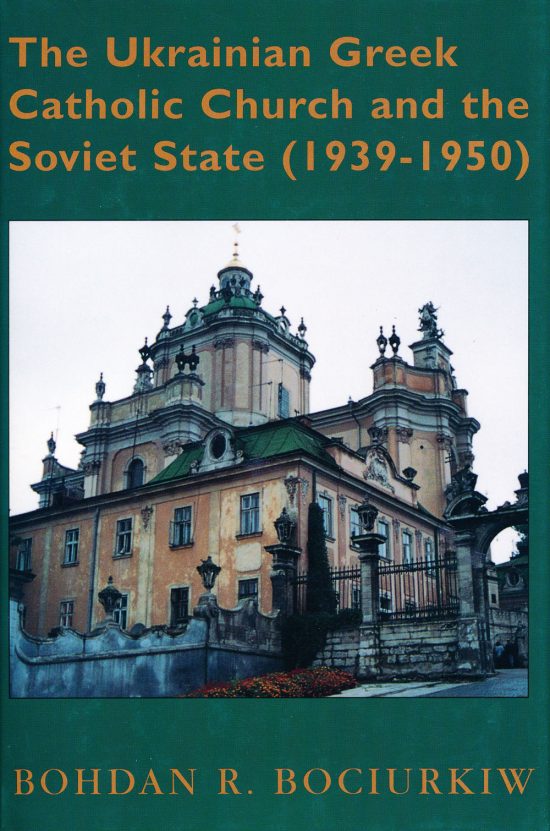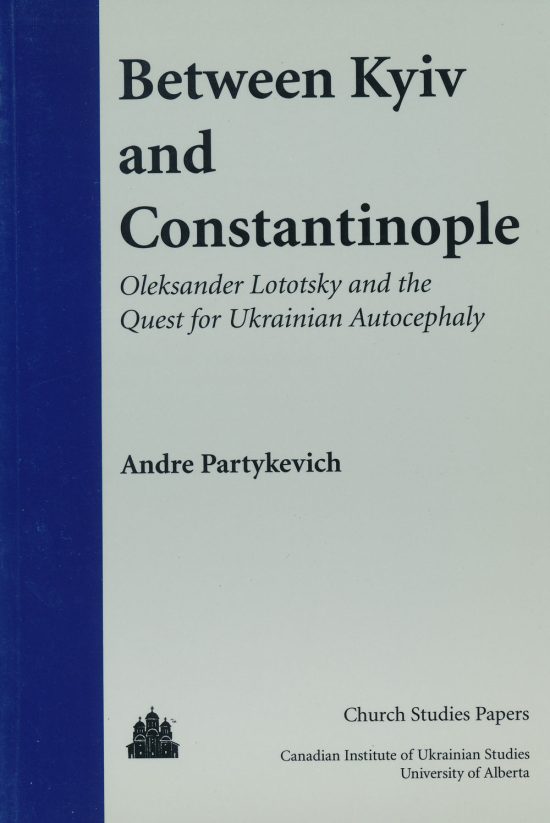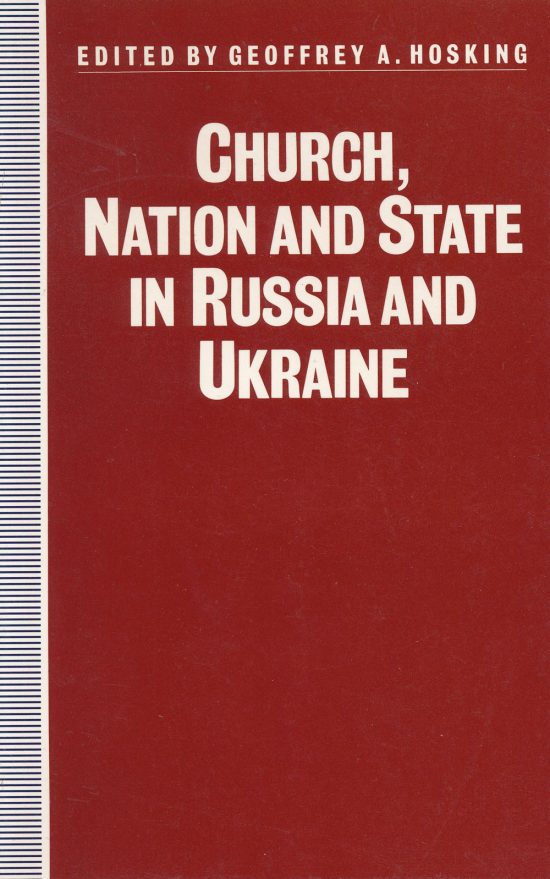Your cart is currently empty!
Christian Social Ethics in Ukraine: The Legacy of Andrei Sheptytsky
In the first half of the twentieth century, Christianity in Europe faced an unprecedented range of social, economic, and political issues that challenged the very essence of the faith. In response to the rise of socialism, the struggle for political self-determination, and the competing totalitarianisms of Soviet communism and German fascism, some of Europe’s finest […]
In stock (can be backordered)
Description
In the first half of the twentieth century, Christianity in Europe faced an unprecedented range of social, economic, and political issues that challenged the very essence of the faith. In response to the rise of socialism, the struggle for political self-determination, and the competing totalitarianisms of Soviet communism and German fascism, some of Europe’s finest theological minds sought to interpret the social message of the gospel in order to promote a specifically Christian understanding of ideals such as justice, liberty, and democratization.
Andrei Sheptytsky (1865–1944), who headed the Ukrainian Catholic Church in Galicia for almost half a century, was not only an outstanding ecclesiastical, cultural, and civic leader, but also a thinker and writer of distinction. Grappling with the social and political problems that beset his religious community, Sheptytsky applied key principles of Christian social ethics to such issues as patriotism, inter-ethnic and church-state relations, the ideal of church unity, Soviet communism, nationalism, religious liberty, ideological atheism, and Nazism.
Whether in pastoral letters that probed the Christian life through ethical reflection on social and political reality or in personal representations to such figures as Emperor Franz Joseph, Pope Pius X, Khrushchev, Hitler, and Stalin, Sheptytsky promoted a vision of human life that was grounded in the practical wisdom of both Eastern and Western Christendom.
Andrii Krawchuk offers the first comprehensive scholarly study of this complex sphere of Metropolitan Sheptytsky’s thought and activity. This pioneering analysis of how Christian moral teaching was applied within an East European context breaks new ground in our understanding of the churches that survived Soviet persecution. With meticulous attention to the facts behind the myth, Krawchuk draws on rigorous research in many sources, including extensive work in the newly opened archives of Ukraine. The result is an engaging interpretation of a legacy that has left its distinctive mark on twentieth-century Christian social thought.
Additional information
| Weight | 1 kg |
|---|---|
| Dimensions | 23 × 15.5 × 2 cm |
| Author | |
| Format | Hardcover |
| Language | English |
| Year Published | 2009 |
Only logged in customers who have purchased this product may leave a review.
You may also like…
-

Religion, Nation, and Secularization in Ukraine
$24.95 Add to cart -

The Ukrainian Greek Catholic Church and the Soviet State (1939–1950)
$39.95 Add to cart -

Religion and Nation in Modern Ukraine
Price range: $39.95 through $54.95 Select options This product has multiple variants. The options may be chosen on the product page -

Eastern Christians in the Habsburg Monarchy
$34.95 Add to cart



Reviews
There are no reviews yet.